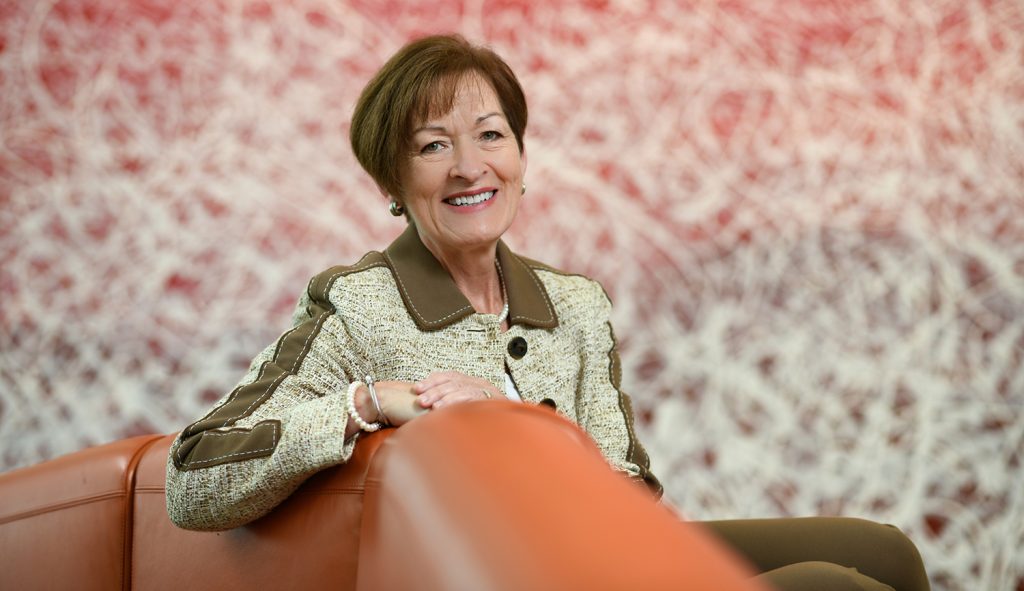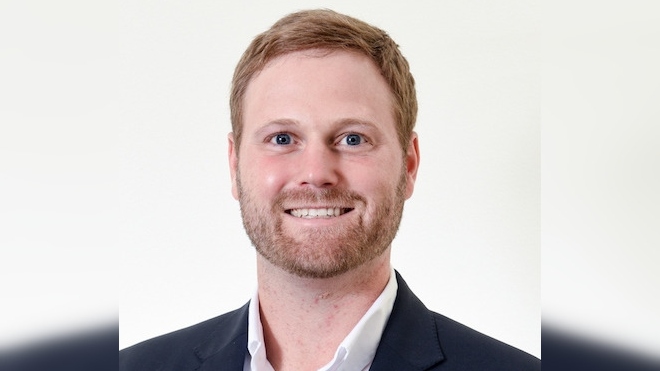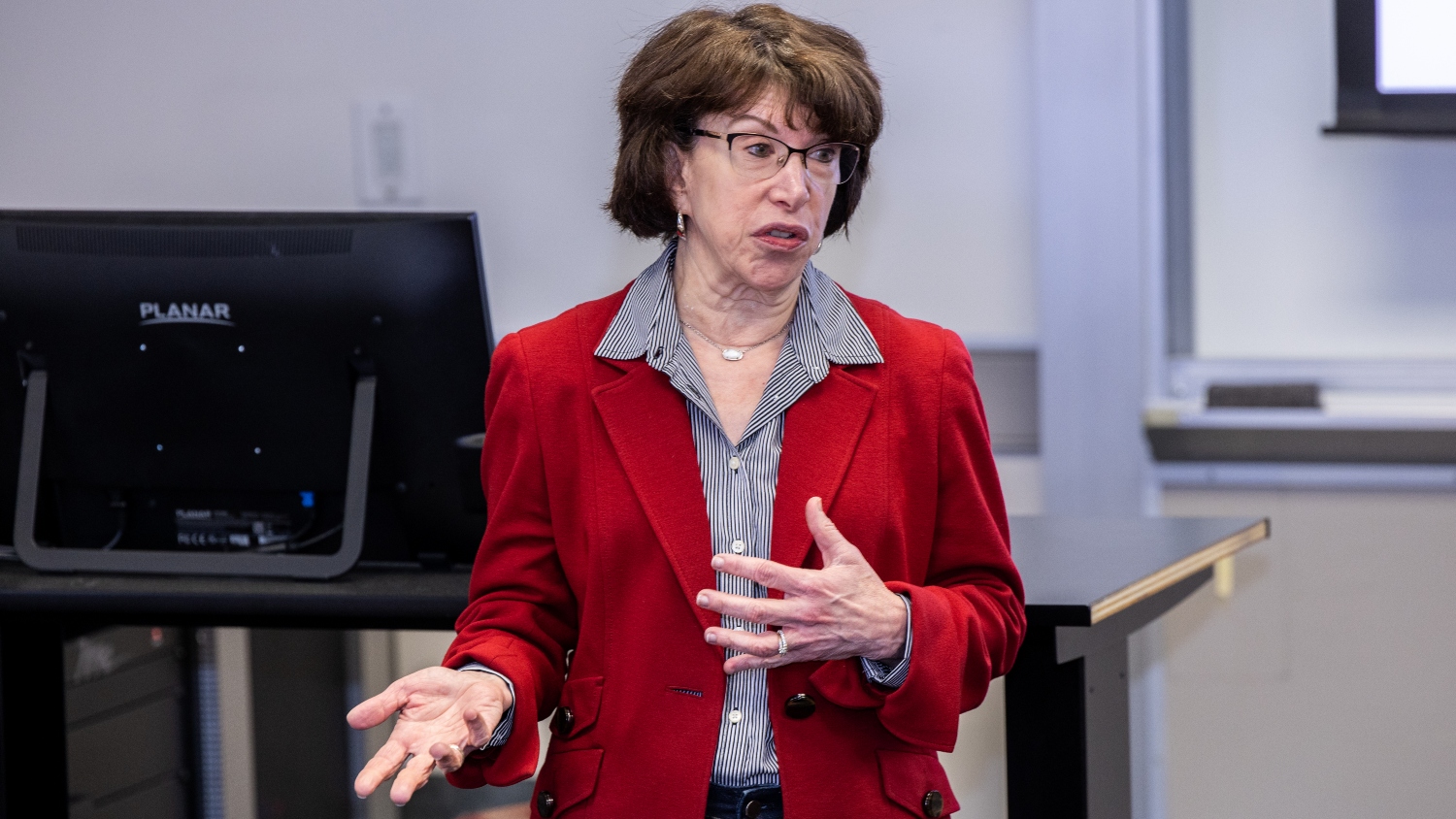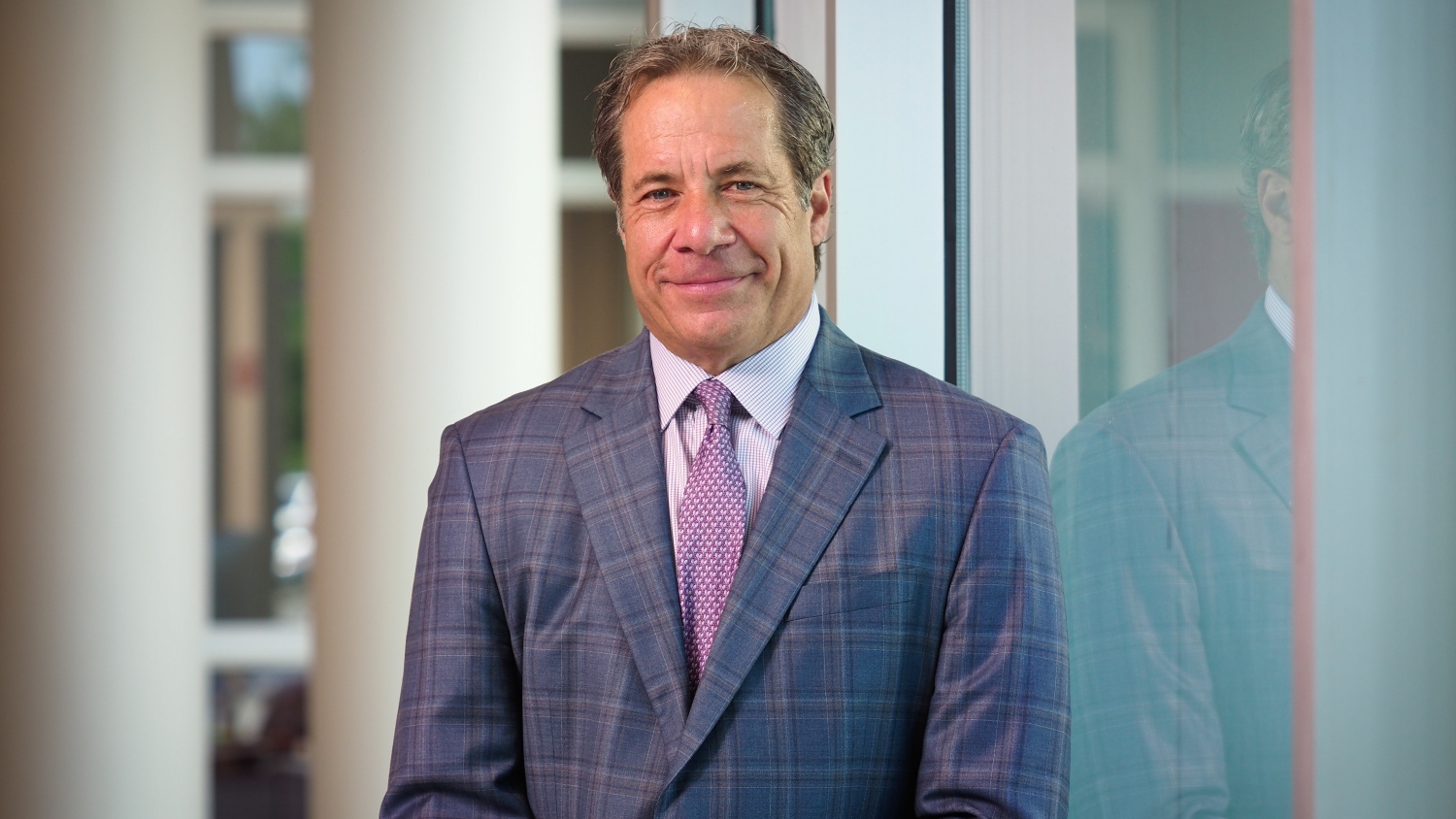Faculty Spotlight: Bonnie Hancock
Get to know professor Bonnie Hancock as she shares how her career trajectory took her from corporate leadership to academia, driven by a passion for mentoring and shaping confident business minds.

What inspired you to pursue a career in accounting?
Initially, I was attracted to the accounting field because of the many career opportunities. I had seen my older brother and sister struggle with career paths after earning liberal arts degrees, and I wanted to focus on a degree program that was highly sought after by potential employers and where I knew there would be opportunities for growth. After spending time in public accounting and then in corporate leadership roles, I made the decision to move into academia because I really enjoyed the challenge of explaining accounting and financial concepts, and I thought I would find it very rewarding to have the opportunity to have a positive impact on students pursuing an accounting degree.
Share a memorable teaching moment or experience that significantly impacted one or more students.
One of my goals with MAC students is to make them more confident business people, so I like to expose them to broader financial issues beyond accounting. I also try to focus on topics that they can use in their careers and personal lives. I have a great opportunity to do that in the personal financial planning course that I teach. The capstone project of that course is the development of a comprehensive personal financial plan for themselves. So I see students start the course with very limited knowledge of credit scores, home buying, investment choices, etc. and end the course with defined goals and a solid plan for their financial future. Many students have told me how important that plan was for getting them off on the right financial path when they started their career.
One of my goals with students is to make them more confident business people, so I like to expose them to broader financial issues beyond accounting.
The other memorable experience is one of mentoring. While the MAC program has a formal mentoring program, I try to share relevant career experiences with all my students. For example, sharing with online students how I got my master’s degree in the evening while holding down a full-time position, and how that degree helped me accelerate my career progression. It helps to share the struggle and the potential rewards. I have had many students tell me it inspired them.
How do you stay current in your field and bring that knowledge into the classroom?
My service on corporate boards keeps me actively engaged in the business world and current on the topics that are relevant to organizations today. It provides examples I can put to use right away in the classroom, whether it’s a decision over whether to increase the dividend or do a stock buyback, how to set the right incentives for management, or just a personal perspective on the relationship between a board of directors and the management team.
In addition, I read extensively, particularly the Wall Street Journal, and frequently share relevant articles with my class, and require my students to find articles to share with the class. It is really important to me to keep my courses fresh in this way.
What advice do you have for students interested in pursuing a career in accounting?
Accounting is a terrific career launchpad. Having that knowledge about what drives an organization’s performance is valuable in many different roles. My start in accounting led to leadership roles in strategy, finance, and ultimately leading a significant business unit. Once a student launches their career, I would encourage them to always try to understand how their work fits into the larger picture of the overall job/objective. That way, it will be easier to prioritize and to make decisions when issues arise. I would also encourage them to volunteer for assignments that will expose them to new experiences and different people within the organization. In my career, I found that those “extra” projects gave me a leg up when new opportunities arose in the organization.
Finally, I would say that when it is time to change jobs, focus on what you want to “run toward” rather than what you want to “run away” from. Your next position will be much more likely to be a good fit if you approach it this way.
Outside of teaching and research, what hobbies or activities do you enjoy?
I really enjoy the outdoors and am on a mission to hike at all of the National Parks. In between those big trips, I love hiking local trails, working in my flower gardens, exploring new wines and trying new recipes with my husband who is an excellent cook.
- Categories:


